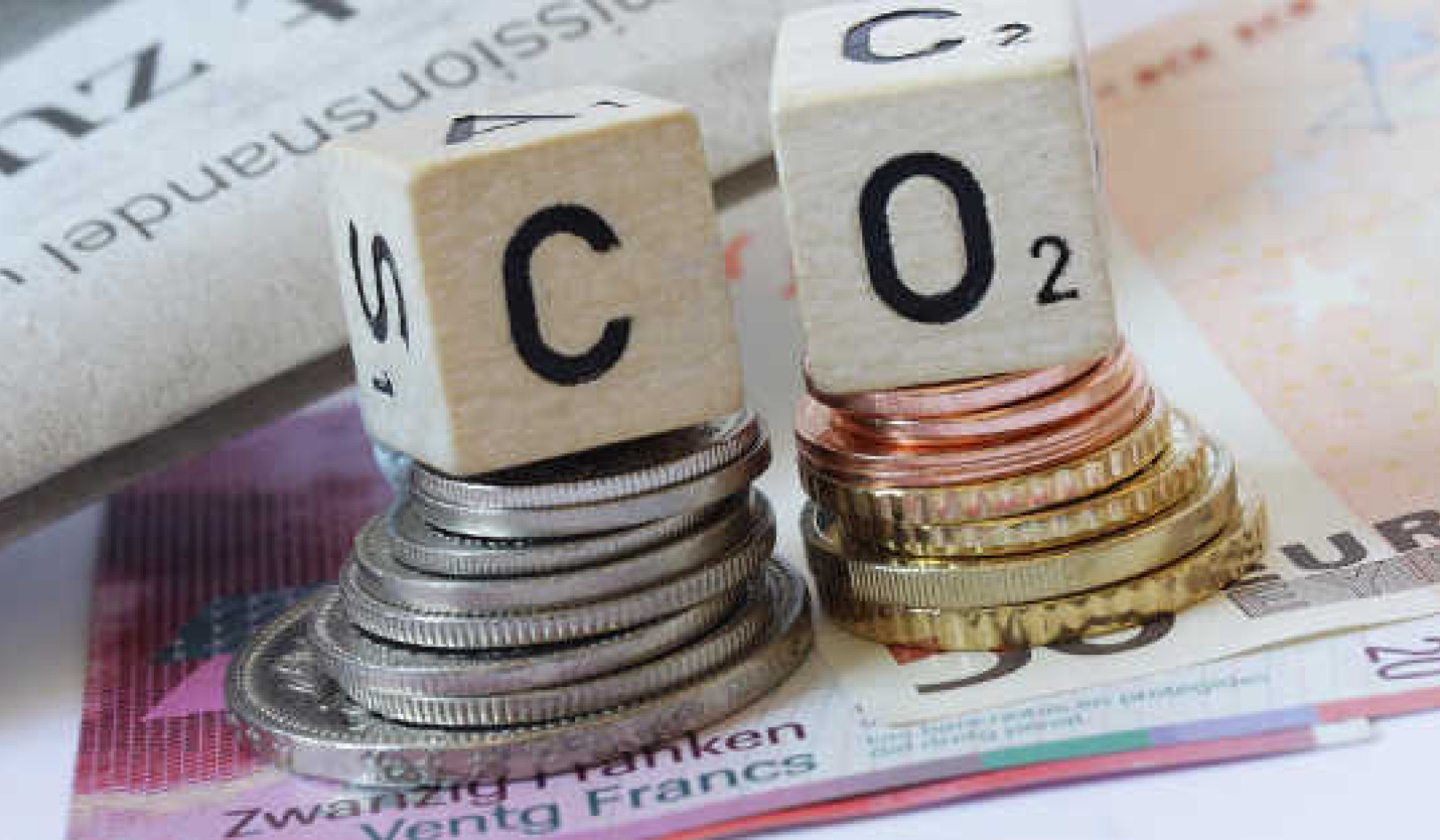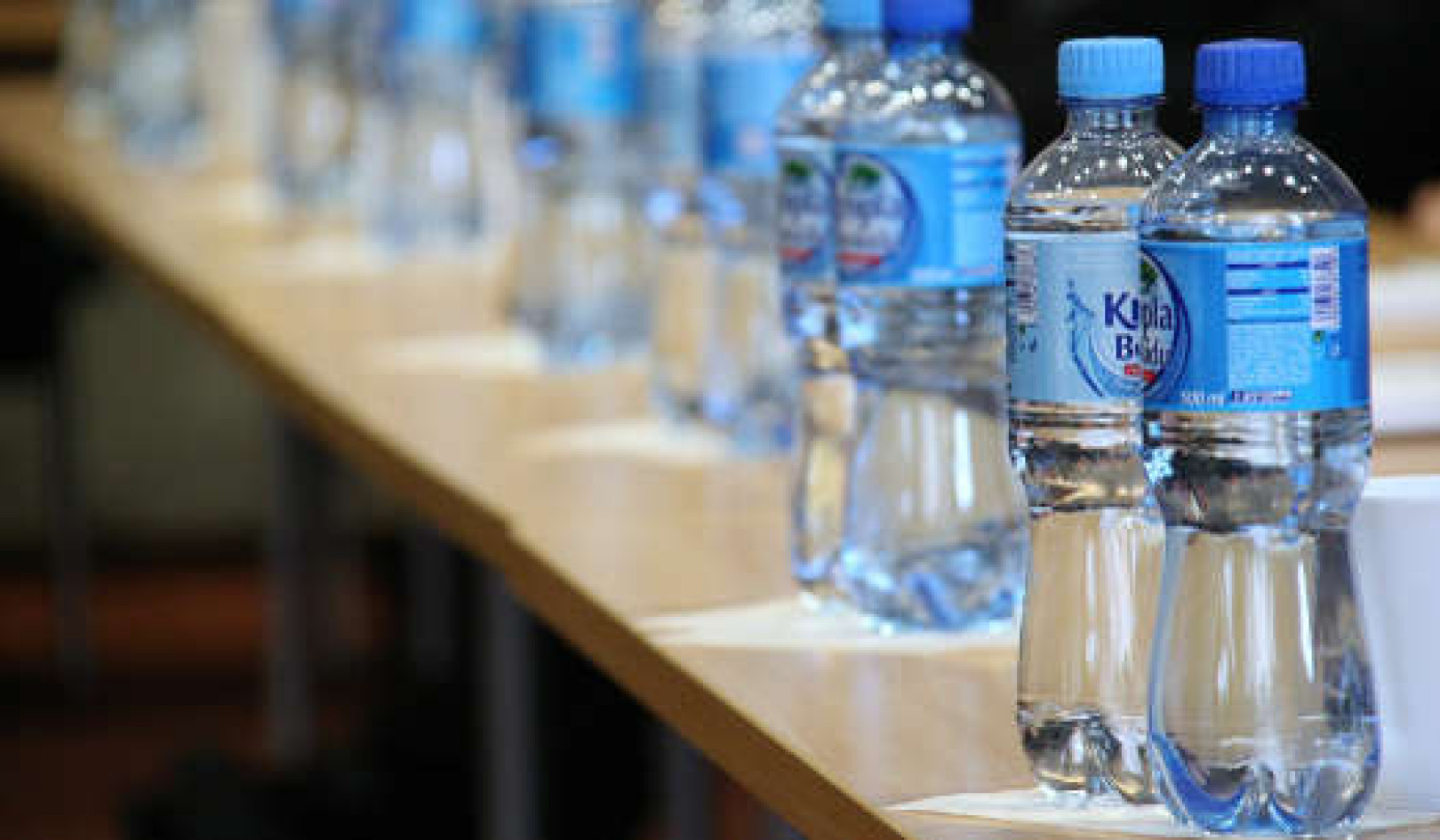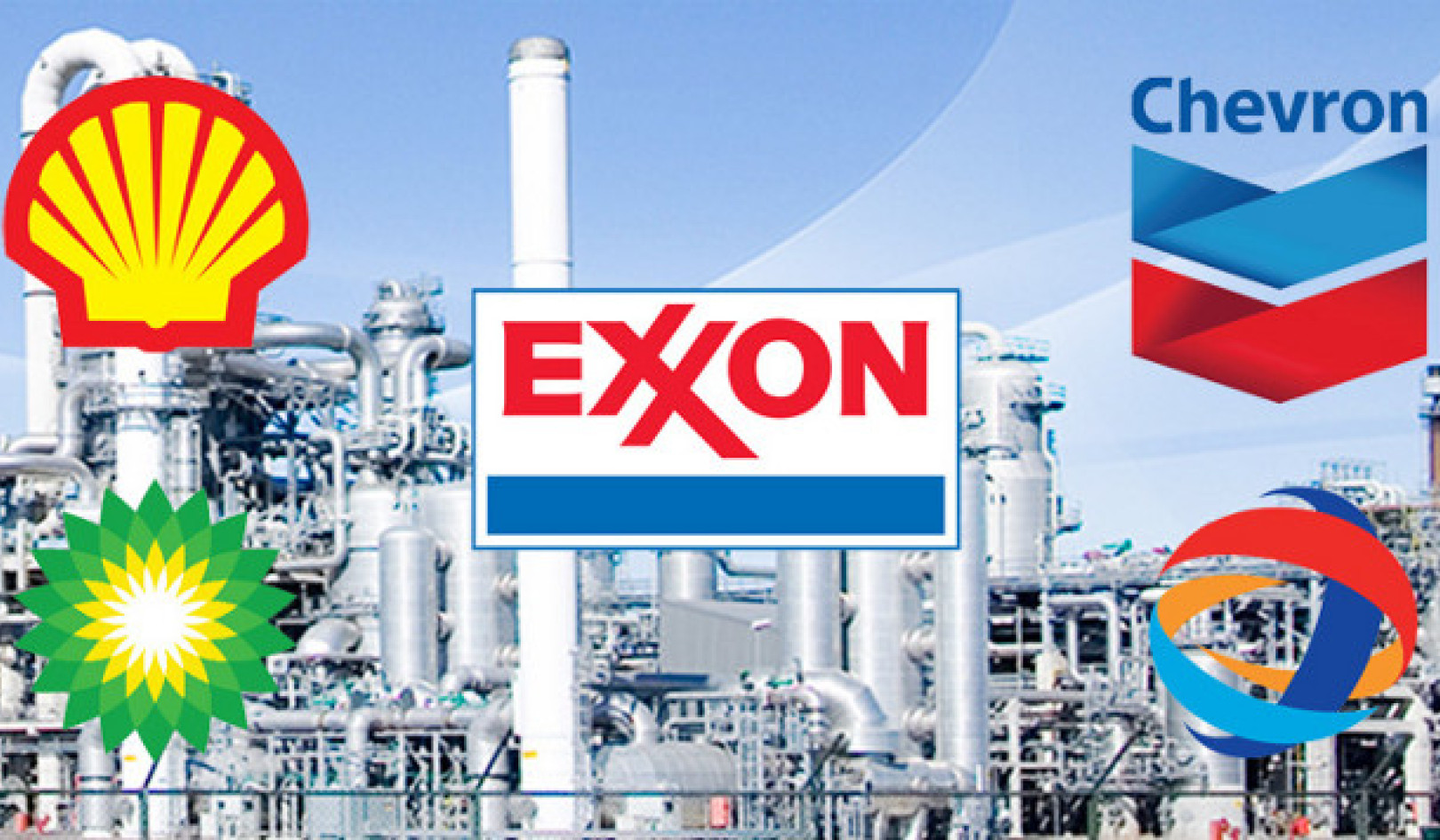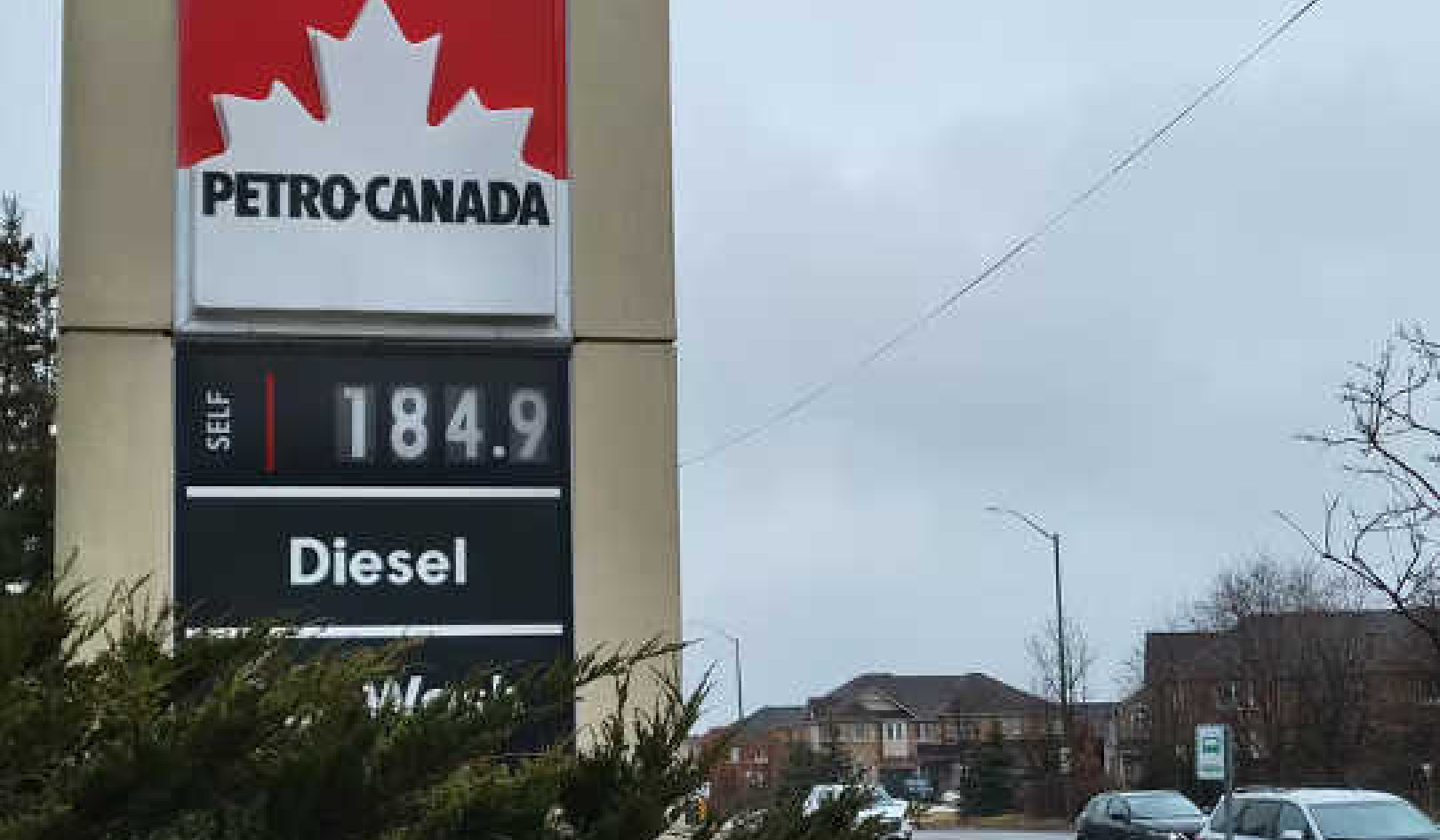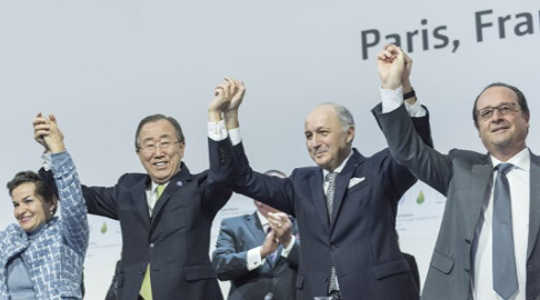
The far-reaching Paris Agreement on tackling climate change is close to taking effect ? but how just how effective it may prove is far from clear.
With a speed almost unknown in the annals of diplomacy, the Paris Agreement on climate change is ready to come into force a bare 11 months after it was reached on 12 December last year.
Its ratification by the European Union means the world will have crossed both thresholds necessary for the Agreement to enter into force within 30 days.
In accordance with Article 21 of the Agreement, the thresholds stipulate that it comes into effect when it is ratified by at least 55 of the countries that signed the Agreement, and that they account in total for at least an estimated 55% of global greenhouse gas emissions.
Job done, then? Will the world finally be safe from the prospect of dangerous and probably uncontrollable climate change?
Hardly. The Paris Agreement’s entry into force will be a significant step forward, but it will not provide all the answers, or even necessarily many of them.
Climate debate
First, the positive side. Paris did transform the rancorous and time-wasting climate debate that had dragged on for too many years and replaced it with a much more hopeful joint endeavour.
It changed the mood music, and that is reflected in the positive involvement now of national and local governments, business and industry, all adopting the arguments pushed for years by scientists and environmental campaigners.
For evidence of the change, look at the plummeting cost of renewable energy and its soaring capture of a much larger share of the market compared with fossil fuels. Look especially at what is happening to the international coal industry and the growing uncertainty about the viability of coal-fired power plants.
But the architects of the Paris Agreement did acknowledge that there are gaps and inadequacies in the deal they struck.
“With the entry into force of the Paris Agreement, the work is only just beginning”
It involves signatories in making only voluntary cuts in their greenhouse gas emissions ? although, more positively, there is provision for all signatories to increase their commitments in 2018 and review them every five years thereafter, so there could be much more ambition built in.
The agreement does not tackle emissions from shipping and aviation, both of which may prove dangerously destabilising to climate equilibrium.
It has little to say about increasing funding to help poorer countries to reduce their emissions, or to adapt to the impact of those that cannot be avoided.
And it appears certain to fail to keep global average temperatures from rising more than 2°C above their pre-industrial levels. The best prospect possible looks like being around 2.7°-3.0°C.
The 1.5°C limit urged by countries vulnerable to sea-level rise and other impacts – and advocated by many scientists – looks like pie in the sky.
On the night the Paris Agreement was reached, François Hollande, the French president, said: “12 December 2015 will be a date to go down in history as a major leap for mankind.”
Daunting reality
It’s too early either to make so sweeping a claim or to write off Paris as a well-meaning attempt that was too little and too late. But the reality the Agreement has to tackle is daunting.
For instance, the targets identified in Paris may have been seriously inadequate. We may already be much closer to exceeding the safety level for emissions than we realise, and there is still no guarantee that trapping and storing emitted carbon dioxide would work, although it is judged to be an essential technology for Paris to succeed.
And some scientists say the world will have to switch to renewable energy far faster than we are doing at the moment for the Paris Agreement to have a chance of working.
With a list of challenges like these, it would be premature to start celebrating the Agreement’s entry into force just yet.
Dr Niklas Höhne, a founding partner of the NewClimate Institute for Climate Policy and Global Sustainability, spoke for many when he said: “With the entry into force of the Paris Agreement, the work is only just beginning.
“For 1.5°C in particular, the window of opportunity is closing rapidly. Waiting until 2018, when the next round of revised national proposals are expected to be presented, will be too late.” – Climate News Network
About the Author
 Alex Kirby is a British journalist specializing in environmental issues. He worked in various capacities at the British Broadcasting Corporation (BBC) for nearly 20 years and left the BBC in 1998 to work as a freelance journalist. He also provides media skills training to companies
Alex Kirby is a British journalist specializing in environmental issues. He worked in various capacities at the British Broadcasting Corporation (BBC) for nearly 20 years and left the BBC in 1998 to work as a freelance journalist. He also provides media skills training to companies























